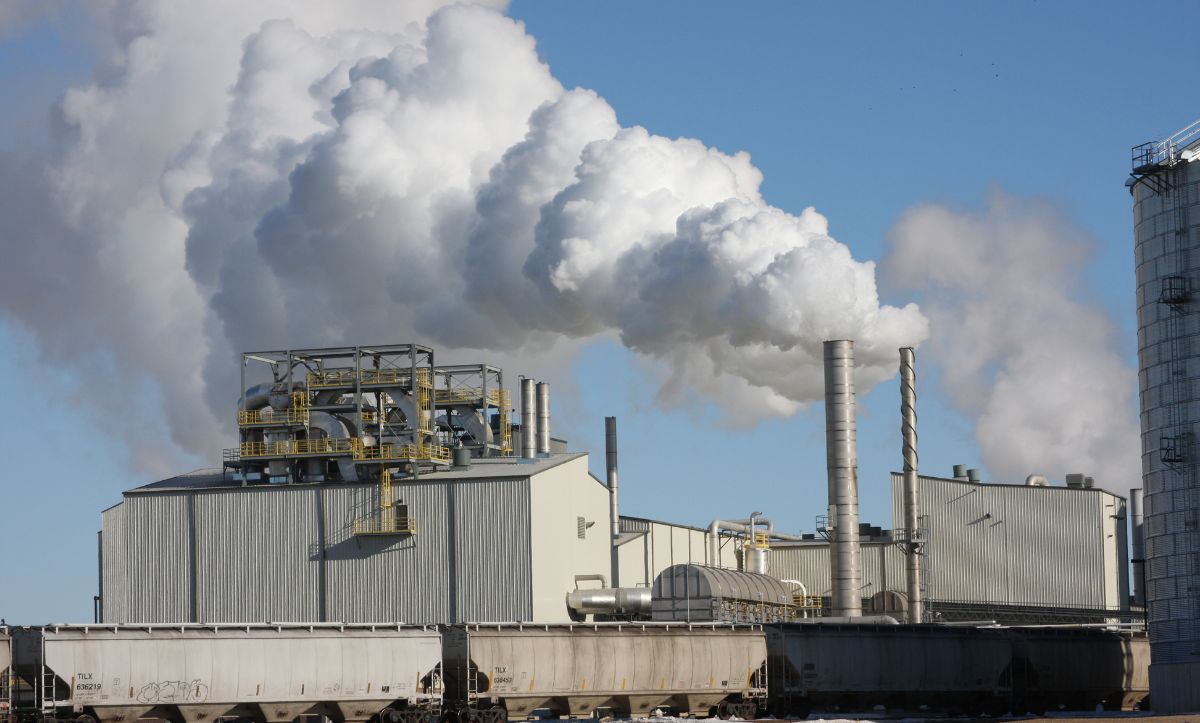
- Transition to renewable energy sources (solar, wind, hydro).
- Improve energy efficiency in industries and buildings.
- Promote sustainable transportation (electric vehicles, public transport).
- Enhance carbon sequestration through afforestation/reforestation.
- Implement waste management and recycling practices.
- Encourage sustainable agriculture practices.
- Develop green infrastructure (green buildings, parks).
- Implement carbon pricing mechanisms.
Carbon Credit for CCS (Carbon Capture and Storage) and CCU (Carbon Capture and Utilization) in India:
CCS:
- National Clean Energy and Environment Fund (NCEEF) supports CCS projects.
- Ministry of Environment, Forest and Climate Change (MoEFCC) provides incentives.
- Carbon credits under Clean Development Mechanism (CDM).
- International cooperation and funding opportunities.
CCU:
- National Biofuel Policy (2018) promotes bio-based products.
- Ministry of Petroleum and Natural Gas (MoPNG) supports CCU projects.
- Carbon credits under Sustainable Alternative Towards Affordable Transportation (SATAT) initiative.
- Tax incentives and subsidies for CCU projects.
Carbon Credit Mechanisms:
- Clean Development Mechanism (CDM)
- Verified Carbon Standard (VCS)
- Gold Standard (GS)
- Carbon Offset and Reduction Scheme for International Aviation (CORSIA)
- India’s National Carbon Market (under development)
Indian Government Initiatives:
- National Climate Change Action Plan (2008)
- National Green Mission (2010)
- Intended Nationally Determined Contributions (INDCs) (2015)
- Paris Agreement (2015)
- National Clean Energy and Environment Fund (NCEEF)
Private Sector Initiatives:
- Indian companies investing in CCS and CCU technologies.
- Joint ventures and collaborations with international companies.
- Carbon offsetting and trading platforms.
Statistics:
- India’s carbon footprint: 2.5 billion tonnes CO2e (2020)
- Renewable energy capacity: 90 GW (2022)
- CCS capacity: 1.5 million tonnes CO2e (2022)
- CCU capacity: 0.5 million tonnes CO2e (2022)
Sources:
- Ministry of Environment, Forest and Climate Change (MoEFCC)
- Ministry of New and Renewable Energy (MNRE)
- International Energy Agency (IEA)
- World Bank
- Indian Renewable Energy Development Agency (IREDA)
